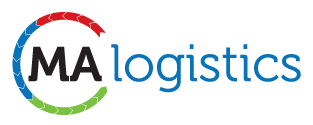DIN Certified Warehousing
What is a DIN?
A Drug Identification Number (DIN) is a computer-generated eight digit number assigned by Health Canada to a drug product prior to being marketed in Canada. It uniquely identifies all drug products sold in a dosage form in Canada and is located on the label of prescription and over-the-counter drug products that have been evaluated and authorized for sale in Canada.
A DIN uniquely identifies the following product characteristics: manufacturer; product name; active ingredient(s); strength(s) of active ingredient(s); pharmaceutical form; route of administration.
When is a DIN issued?
Once a drug has been authorized, Health Canada issues a DIN which permits the manufacturer to market the drug in Canada. For drugs where there is minimal market history in Canada, there is a more stringent review and the drug is required to have a Notice of Compliance (NOC) and a DIN in order to be marketed in Canada.
What purpose does a DIN serve?
A DIN lets the user know that the product has undergone and passed a review of its formulation, labeling and instructions for use. A drug product sold in Canada without a DIN is not in compliance with Canadian law.
The DIN is unique and serves as a tool to help in the follow-up of products on the market, recall of products, inspections, and quality monitoring.
Do DINs only appear on prescription drugs?
No. A DIN is assigned to all authorized prescription and over-the-counter drugs.
Is there a significance or special meaning for the numbers in the DIN?
No. Numbers are assigned randomly by a computer-generated system and have no particular meaning.
Can a product classified as a drug be sold without a DIN?
No. If a product defined as a drug under the Food and Drugs Act is sold without a DIN, it is not in compliance with Canadian law and regulatory action will be taken.
Do I need a DIN to sell a drug product in Canada?
Yes. If a product defined as a drug under the Food and Drugs Act is sold without a DIN, it is not in compliance with Canadian law.

